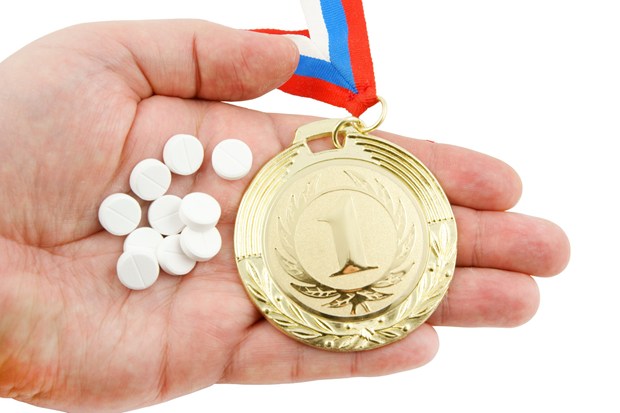Yesterday, The Sunday Times and German broadcaster ARD/WDR revealed it has accessed IAAF doping files that include 12,000 blood tests from 5,000 athletes between 2001 and 2012.
According to the national paper, these results show the “extraordinary extent of cheating” by athletes at the world’s biggest events.
The World Anti-Doping Agency (WADA) have been ‘alarmed’ by the news, with president Sir Craig Reedie stating his organisation is “very disturbed by these new allegations… which will, once again, shake the foundation of clean athletes worldwide.”
The IAAF have so far responded with a short statement on their website saying they are ‘aware’ of the allegations and that they are ‘now preparing a detailed response to both media outlets and will reserve the right to take any follow up action necessary to protect the rights of the IAAF and its athletes’.
So what was actually found?
Well, using two of the world’s “foremost anti-doping experts”, scientists Robin Parisotto and Michael Ashenden, The Sunday Times and ARD/WDR revealed:
- A third of medals (146, including 55 golds) in endurance events at the Olympics and World Championships between 2001 and 2012 were won by athletes who have recorded suspicious tests. It is claimed none of these athletes have been stripped of their medals.
- More than 800 athletes – one in seven of those named in the files – have recorded blood tests described by one of the experts as “highly suggestive of doping or at the very least abnormal”.
- A top UK athlete is among seven Britons with suspicious blood scores.
- British athletes – including Olympic champion heptathlete Jessica Ennis-Hill – have lost out in major events to competitors who were under suspicion.
- Ten medals at London 2012 were won by athletes who have dubious test results.
- In some finals, every athlete in the three medal positions had recorded a suspicious blood test.
- Russia emerges as “the blood testing epicentre of the world” with more than 80% of the country’s medals won by suspicious athletes, while Kenya had 18 medals won by suspicious athletes.
- Stars such as Britain’s Mo Farah and Jamaican sprinter Usain Bolt recorded no abnormal results.
- Athletes are increasingly using blood transfusions and EPO micro-doses to boost the red cell count.
Mr Parisotto stated, “Never have I seen such an alarmingly abnormal set of blood values. So many athletes appear to have doped with impunity, and it is damning that the IAAF appears to have idly sat by and let this happen.”
While Ashenden said it’s been ‘a shameful betrayal of [the IAAF’s] primary duty to police their sport and to protect clean athletes’.
With athletics seemingly already in a fragile state after BBC’s investigative TV show Panorama accused Mo Farah’s coach Alberto Salazar of doping, this news has done little to steady the ship. Rather, it has blown yet another hole in what appears to be a sinking vortex of mystery.
The world will now wait for the full response from the IAAF, with the World Championships in Beijing less than a month away.







